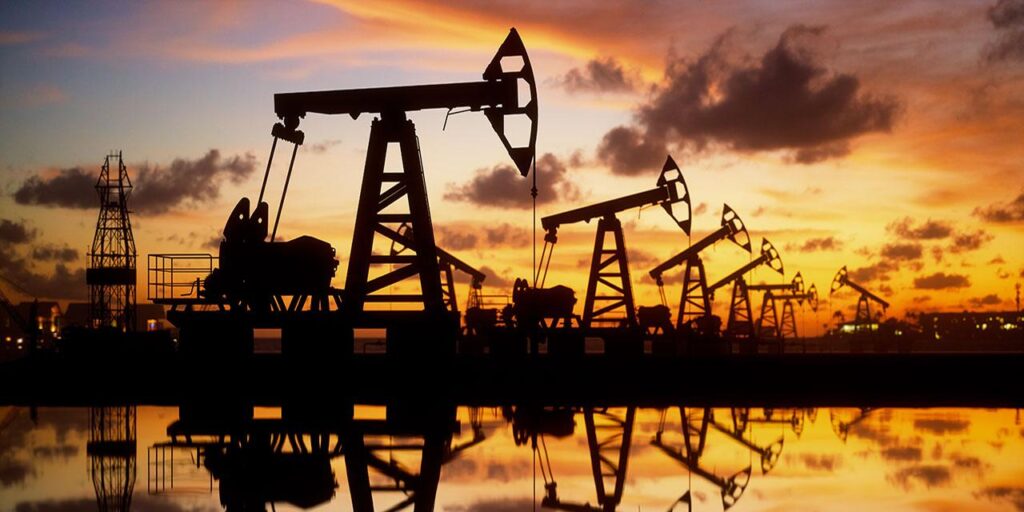In the ongoing battle for energy supremacy, Ukraine’s audacious move to halt Russia’s natural gas flow to Europe marked a pivotal turning point in the relentless Energy War. The strategic maneuver not only disrupted Europe’s critical energy supply but also sent shockwaves through the geopolitical landscape. Let’s delve into the complexities of this game-changing event and its far-reaching consequences.
– The Impact of Ukraines Decision to Halt Russias Natural Gas Flow on European Energy Security
Ukraine’s decision to halt Russia’s natural gas flow to Europe has sent shockwaves through the energy sector, marking a significant turning point in the ongoing energy war between the two nations. This bold move by Ukraine has not only disrupted the supply of natural gas to European countries but has also called into question the reliability of Russia as a key energy supplier to the region.
With Ukraine now actively blocking the transit of Russian natural gas to Europe, European countries are scrambling to find alternative sources of energy to meet their needs. This development has underscored the importance of diversifying energy sources and reducing dependence on a single supplier, especially one as geopolitically volatile as Russia. As the energy landscape continues to shift, it is clear that Ukraine’s decision will have far-reaching implications for European energy security and the broader geopolitical dynamics of the region.
– Strategies for Europe to Diversify its Gas Suppliers and Reduce Dependency on Russia
The recent conflict between Ukraine and Russia over natural gas supply has brought to light the importance of Europe diversifying its gas sources. This conflict served as a wake-up call for European countries to reduce their dependency on Russia and explore other options for gas suppliers. In light of this, several strategies have been proposed to help Europe diversify its gas suppliers and decrease its reliance on Russia:
- Investing in LNG terminals: Building more LNG terminals across Europe would allow for the import of liquefied natural gas from various global suppliers, reducing dependence on Russian gas.
- Developing interconnectors: Creating more interconnectors between European countries would enable the sharing of gas resources and increase flexibility in sourcing gas from different suppliers.
- Promoting renewable energy: Investing in renewable energy sources such as solar and wind power would help reduce the overall demand for gas, further decreasing dependence on Russian imports.
the energy war between Ukraine and Russia has highlighted the need for Europe to diversify its gas suppliers and reduce its reliance on one dominant player. By implementing strategies such as investing in LNG terminals, developing interconnectors, and promoting renewable energy, Europe can increase its energy security and safeguard against potential supply disruptions in the future.
| Strategy | Impact |
| Diversifying gas suppliers | Reduces dependency on Russia |
| Investing in renewable energy | Decreases overall gas demand |
– Examining the Political and Economic Ramifications of Ukraines Bold Move on the Global Energy Market
In a bold move that has sent shockwaves across the global energy market, Ukraine has successfully halted Russia’s natural gas flow to Europe. This groundbreaking development marks a turning point in the ongoing energy war between the two countries, with far-reaching political and economic ramifications.
Ukraine’s decision to disrupt Russia’s gas transit to Europe comes at a critical juncture, as Europe grapples with energy security concerns amid geopolitical tensions. This move not only demonstrates Ukraine’s willingness to assert its independence and challenge Russian dominance in the region but also underscores the country’s strategic importance in shaping the future of the global energy landscape. As a result, the repercussions of this decisive action are likely to reverberate across the international stage, reshaping alliances and influencing energy policies worldwide.
To Conclude
As Ukraine takes a stand against Russian aggression in the energy sector, the implications are vast and the outcome remains uncertain. The halt in natural gas flow to Europe marks a pivotal moment in the ongoing energy war. The world waits with bated breath to see how this bold move will shape the future of global energy dynamics. Stay tuned for further developments in this high-stakes battle for control over the flow of natural resources. Thank you for reading.
